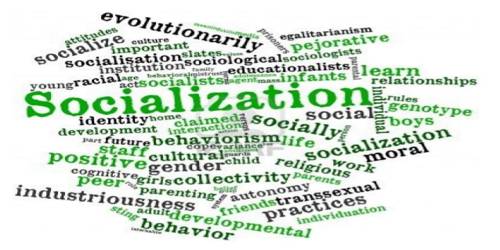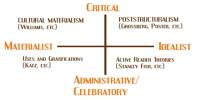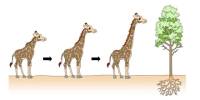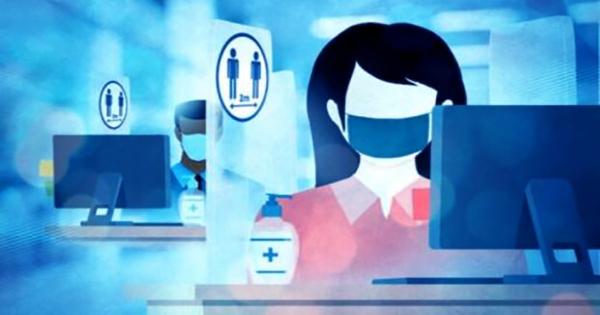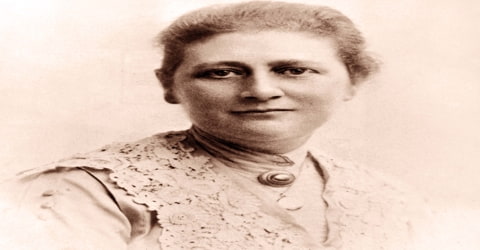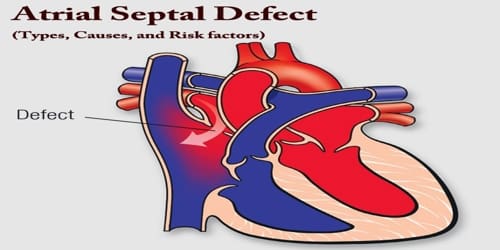Socialization is a process by which culture is transmitted to the younger generation and men learn the rules and practices of social groups to which they belong. It is the process by which individuals are taught what society expects of them and how they are supposed to behave in society.
Educational Institutions:
Family, school, peers, mass media, public opinion, and religion each play a major role in the socialization and, ultimately, the education process. From the moment a child is born, his or her education begins. At first, education is an informal process in which an infant watches others and imitates them. As the infant grows into a young child, the process of education becomes more formal through play dates and preschool. Every civilized society, therefore, has developed a set of formalized agencies of education (schools, colleges, and universities) which have a great bearing on the socialization process. It is in the educational institutions that the culture is formally transmitted and acquired. Once in grade school, academic lessons become the focus of education as a child moves through the school system. But even then, education is about much more than the simple learning of facts.
In terms of socialization, the modern system of mass education is second only to the family in importance. It promotes two main socializing tasks: homogenization and social sorting. The educational institutions not only help the growing child in learning the language and other subjects but also instill the concept of time, discipline, teamwork, cooperation and competition. Through the means of reward and punishment, the desired behavior pattern is reinforced.
The function of the school has considerably changed in the rapidly changing environment. The traditional function of imparting the basic skills of the three R’s is now no longer considered to be adequate to meet the present challenge. An educational institution is a very important social and the means by which individual acquires social norms and values (values of achievement, civic ideals, solidarity and group loyalty etc) beyond those which are available for learning in the family and other groups.
The socialization process has an enormous impact on children and teens in the context of the learning process. Family, school, peers, mass media, and religion each play a role in the collective process we term education. Educational institutions try to impress upon children the importance of working for rewards, and they try to teach neatness, punctuality, orderliness, and respect for authority. Teachers are called upon to evaluate how well children perform a particular task or how much skill they have. Thus, in school, children’s relationships with adults move from nurture and behavioral concerns to the performance of tasks and skills determined by others.
Information Source:
